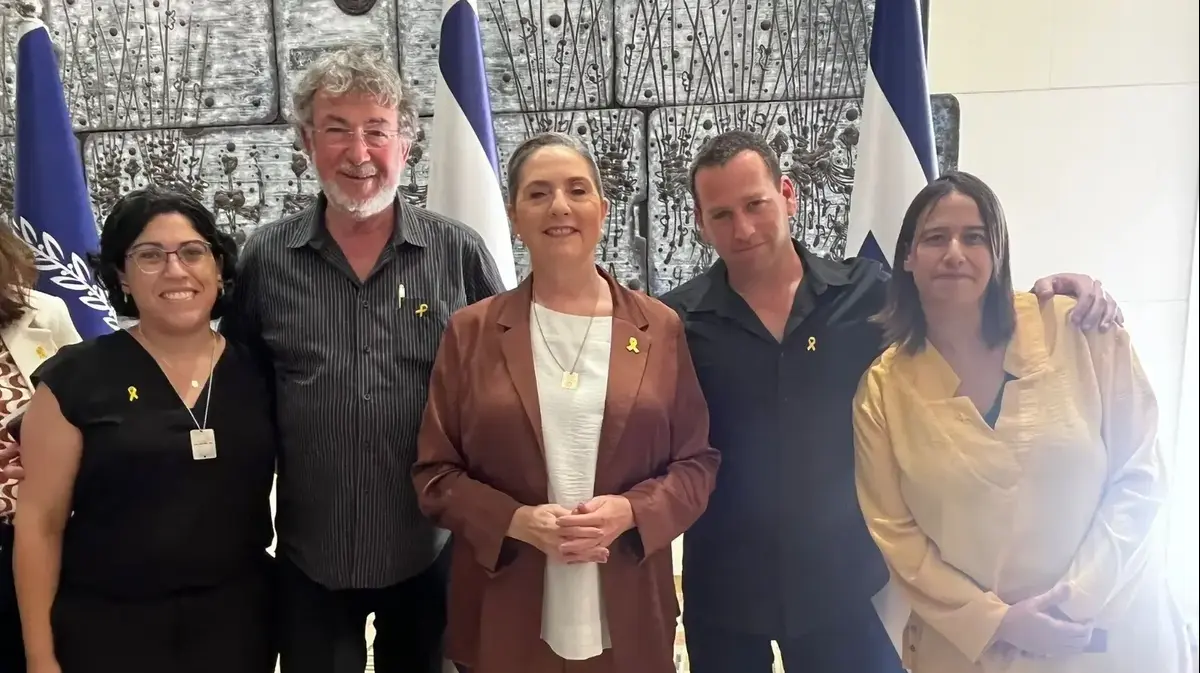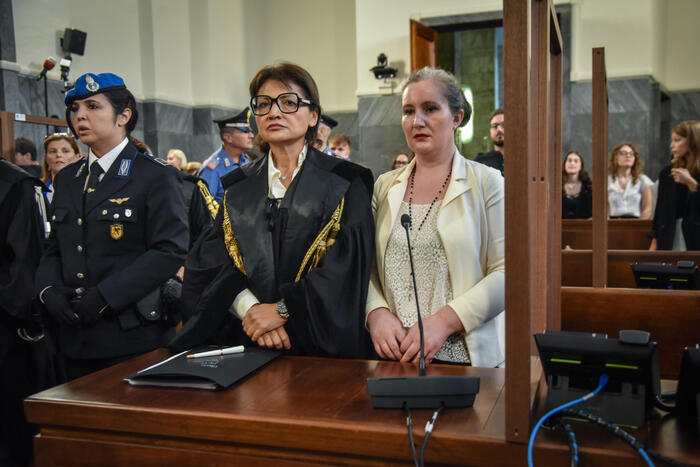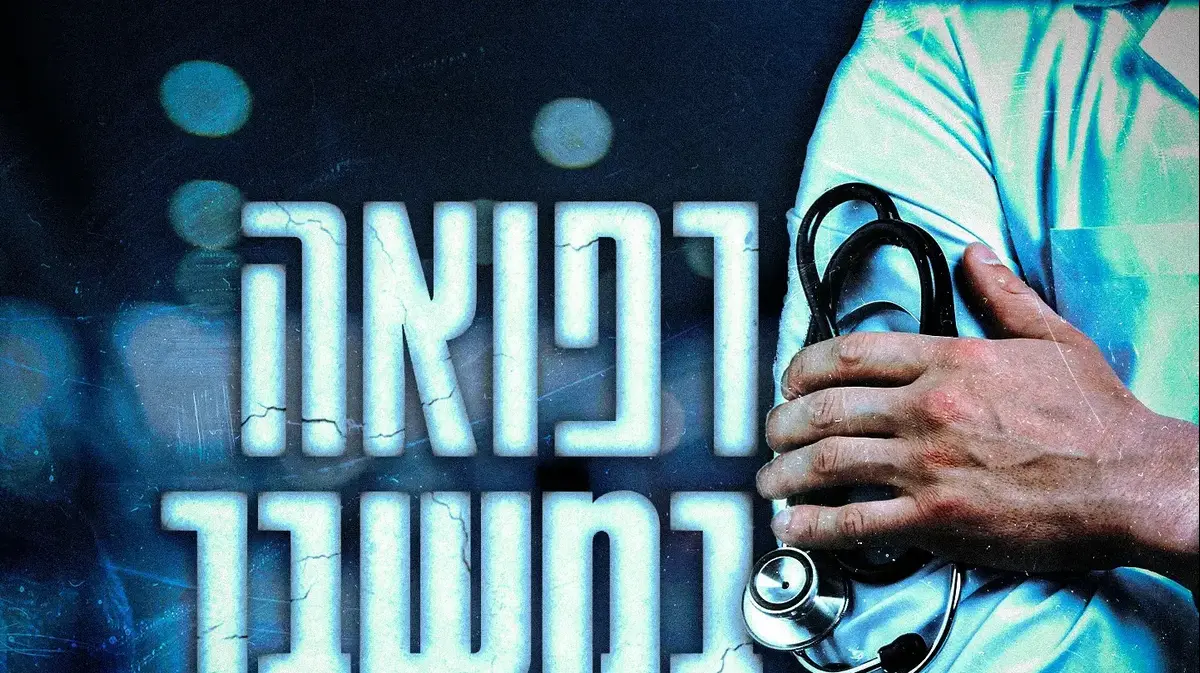Leaving your country, your family, and finding yourself in France at the end of a complicated migratory journey can lead to serious trauma.
Pathologies which, if not treated, sometimes lead to tragedies.
To help refugees and prevent them from taking action, the Psychosocial Support Center for Exiles (Capse), located in Ris-Orangis, was launched at the start of the year.
Read also Villeurbanne attack: complex psychological monitoring of refugees
In August 2019, a violent news item, in Villeurbanne near Lyon (Rhône), highlighted the problem: an Afghan had stabbed passengers at a bus stop, killing one and wounding eight.
“The question arose as to whether the establishment of a psychological follow-up could have avoided this tragedy, remembers Hanaé Elbakkali, one of the founders of Capse.
I'm not saying it can prevent, but it can prevent.
The exiles are a fragile public.
Being in exile is a break with one's country, one's family, undoubtedly linked to difficulties, including significant traumatic experiences.
Then there is the difficult migratory journey, where they can find themselves confronted with their own death and that of their fellow travelers, then the difficulties of insertion.
"
Persecutions, torture, sexual assault ...
In the space of nine months, 136 people were referred by health professionals, social advisers, etc. to Capse.
“They are 65% to have started a treatment.
Among them, a third come from Afghanistan, 10% from Guinea, 7% from Côte d'Ivoire.
We have a lot of women.
Demand is very strong, ”explains Pauline Menaut, coordinator of Capse.
Read alsoMigrants: why they chose France
The association has three psychologists and offers 34 hours of consultations during the week at Ris-Orangis.
"The exiles may have suffered from persecution, torture, sexual assault, slavery in countries like Libya, Morocco ... Women come by having left their children in the country, they feel guilty, fear that they will be excised or forced brides.
Some women have children born of rape, notes Hanaé Elbakkali.
A large part of the people we see are in a state of post-traumatic stress.
They need long-term follow-up.
"
Some other structures also deal with this public, such as the Transcultural Mobile Unit 91, but, regrets Hanaé Elbakkali, “there is not enough support in the department.
We are constantly looking for funding.
"







/cloudfront-eu-central-1.images.arcpublishing.com/prisa/UGT3A2CDINB3LN3NMTZ4RJJOTU.jpg)




/cloudfront-eu-central-1.images.arcpublishing.com/prisa/KMEYMJKESBAZBE4MRBAM4TGHIQ.jpg)


